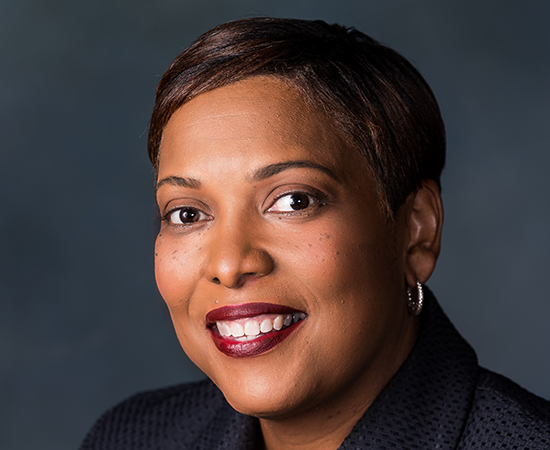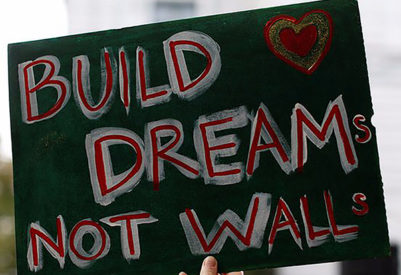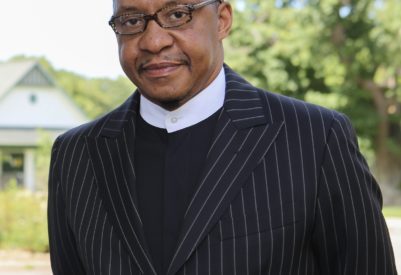
The Rochester City School District (RCSD) Board of Education and its administrative and teachers’ union throughout the district's continuous years of falling short have done everything legally through the courts and Albany to hold off transformative change from top to bottom.
But like they say in the old south, ‘the poop finally has hit the fan’ and now it is unavoidable that changes and concessions need to be made and will be made, after the disclosure that the district has dug itself in a hole to the tune of more than eighty million dollars.
That triggered law makers in Albany and the New York State Department of Education (NYSDE) to mandate that a monitor be assigned to oversee the financial and academic decisions of the district, as a full investigation is being conducted into its finances by state and federal agencies.
The district's overwhelming financial catastrophe was surprisingly new news to the board of education and to their newly appointed Superintendent Terry Dade.
To make a long story short, Dade packed his bags and ‘cut rope’ after a few weeks on the job for another job nearby in Hudson Valley at Cornwall Central School District, located in Cornwall, NY.
Left on an island by themselves with an $80 million dollar budget gap, a vacant superintendent position and a strong calling from the public for the dissolution of the board, uncommon for them to not conduct a national search, the district made a quick decision to appoint a home town leader to right the ship and restore the public’s trust in the education system.
That person is newly appointed Rochester City School District (RCSD) Superintendent Dr. Leslie Myers-Small.
Because of the Covid-19 pandemic, Dr. Small's ability to rigorously assess all that needs to be done to deliver academic hope and confidence and trust to a weary community has been hindered, but the requirements of the position of her previous job seems to align and fulfill needed disciplinary measures lacking in the district’s current system.
“I was previously the assistant commissioner for innovation and school reform with the NYSDE based out of Albany,” Dr. Small pointed out. “The job entailed working with the lowest performing schools across the state of New York. So, I had forty-three schools on my portfolio. I travelled to NYC, Buffalo, Rochester, Syracuse as well as other places. I worked with all the superintendents in the Big Five. I provided them with professional development that includes data analysis and recognizing trends and providing technical support around the ‘Every Student Succeeds Act’ and looking at assessments, suspensions and attendance patterns, particularly associated with our teachers and students,” she said.
It is an honor to have the support of the NY State Independent Monitor Dr. Shelly Jallow.
“She is well versed on the matters we are facing,” Dr. Small noted. “Plus, I have an unlimited supply of ‘phone a friend’ like the television show, Who Wants to be a Millionaire. So, if I have an issue or concern, I have that technical support. But if we want to get into the physical part, we need to build internal; checks and balances to insure we are spending at the appropriate level. We have to in essence start developing a savings account, by analyzing all aspects of the organization and figuring out simply where we stand at.”
“As far as graduation,” she continued. “We have to take from the perspective that a student graduating does not just solely happen in the 12th grade. It starts all the way back when they start their schooling. So, we have to make sure the curriculum is fortified. When they are assessed in grades 3-8 in math and ELA in particular that information will be used to inform our work through the teaching and learning lens and as they transitioned into middle and high school, we will fortify those courses and make sure they are academically solid and they are able to move forward with meaning. The big piece that we know is that students have to be able to be able to read by a certain grade level in order for them to be successful. So, looking at literacy levels and where our children are and working with our principals, teachers, and staff to make sure they are reading on time and if they are not, what type of resources are we going to put in.”
When asked if the implementation of a robust black and Latino history program is a priority, Dr. Small said we need to make sure that academics also reflect our students, so we really have to dig deep, because ‘it is hard to be it, if you cannot see it.’ We just have to figure out how to ensure students can find themselves in the curriculum.
Southwest Tribune: Is there a plan going forward?
Dr. Small: I am doing some research. We did not get here overnight; we are not going to be able to fix it overnight. I got to apply the concept of hurry but do not rush, because we want to do this meaningfully. People got a lot of expectations of me digging out of some of the things that were created before me. And that is the other thing I got to remind folks. I am not blaming the previous administration, but I inherited a lot, I got to sort and dig through. I do need some time to understand what we are currently doing and what needs to be either completely abandoned, slightly tweaked or need to stay in place.
Southwest Tribune: The district teaching staff are predominantly Caucasian and live in the suburbs. So, far in urban districts that have this unparalleled demographic, students of color learning about their history and culture through an Afrocentric lens barely exists. Do you feel this need to be adjusted?
Dr. Small: Absolutely it needs to be adjusted because we are going to be shifting to a new paradigm. Here is the thing. I am a person of color that grew up in the suburbs predominantly. I come from a middle upper-class family and I have brown skin but that does not necessarily make me qualified to be able to teach black history or anti-racism…….etcetera.
So, I look at it at both ends. We will absolutely continue to diversify our work force at all levels from the superintendent cabinet, administration, teachers, and support staff. But we need to further fortify the staff that we have in those roles to make sure we understand some general concepts like racism and some of the historical components.
I believe we have educators who want to do the work and who are excited to do the work. Part of the other issue is that we have to figure out how to appropriately make sure the content that the state expects our children to know and be able to do minimally at meeting them or exceeding them will be important. And that takes time, resources, and professional development. So, saying all of our teachers are racist and not all of them are not equipped, I get a little defensive about that. We apply this blanket statement without trying to figure out what exactly we need to do like fortifying our curriculum but then what is the best way to go at that. For the most part I would imagine my educators want more time. So, the goal is how do we get to that point to make sure it really happened and that is my job as superintendent.
Southwest Tribune: Do you support removing police officers from city school campuses?
Dr. Small: I have done a lot of research on School Resource Officers (SRO)and police officers in schools. The commentary out there creates a school to prison pipeline and I completely understand it and I honor that research. The thing that is so important for us in Rochester is that if that removal happens, we need to make sure this summer we have a well-articulated plan. We got to figure out how we most appropriately deal when violence does happen in our schools because it does come in our schools from the streets.
I am not saying the police necessarily are the best way to deal with that. They do have expertise and experience about how to help address that. But here is the thing, I certainly would want to get their perspective on how we move forward because we have some amazing law enforcement officers in Rochester. You also got crime prevention, law enforcement and current school resource offices that are beloved in their schools. I do not have any issue with the removal per say but we cannot just pull the SRO(s) and say everything is going to be fine now because unfortunately we have students who will bring a weapon to school. There are some who are still involved in gang activity and that spills from off in their neighborhoods or their communities into schools.
So, we got to figure out if those things happen, how we head it off at the path. We got to put a good plan in place. First and foremost, I want my students to feel safe, my staff and I want the school to feel like it is an inclusive emotionally and physically safe place for kids and adults. And I have people figuring out what these next steps are.
Article by: Author Rodney Brown, executive director of Brown Publishing LLC and Southwest Tribune Newspaper





